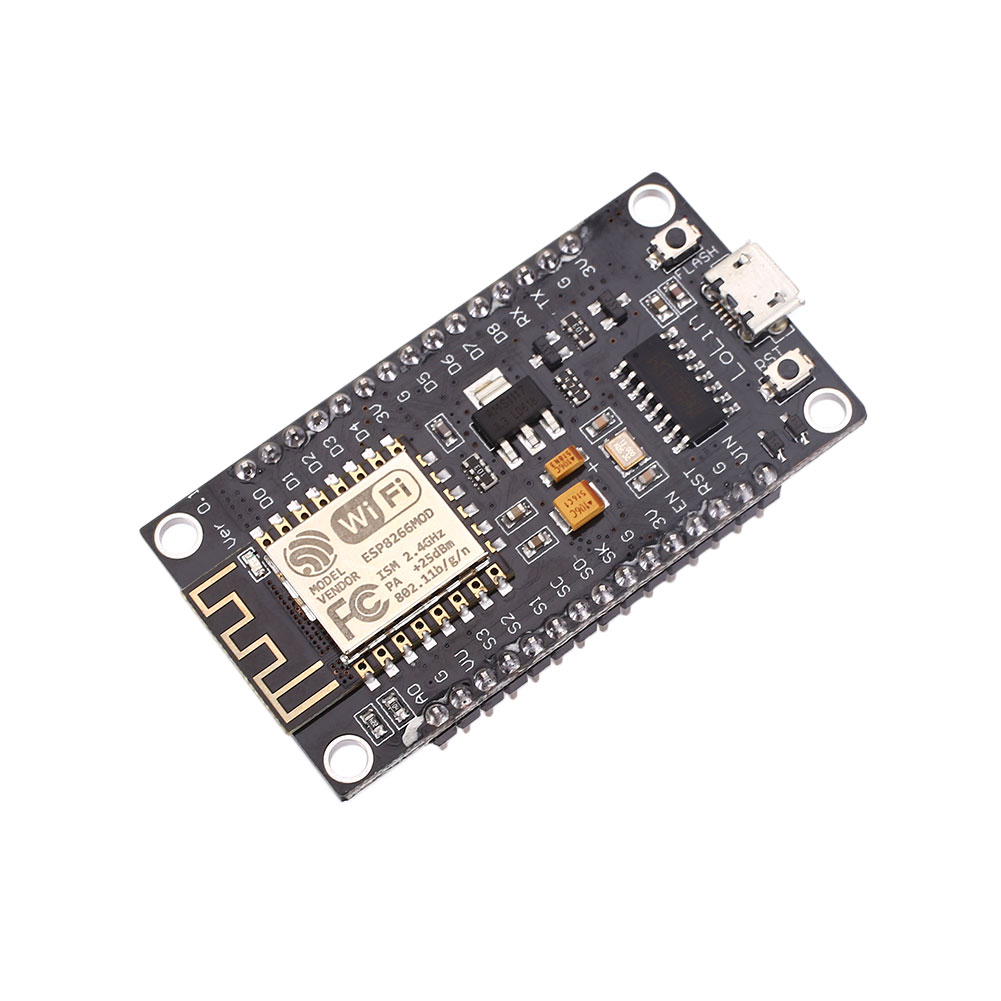Lua Read Write Serial Port

The UART (Universal asynchronous receiver/transmitter) module allows configuration of and communication over the UART serial port. The default setup for the uart is controlled by build-time settings. Mar 10, 2017 - I would like to write data through USB (port COM) thank to a lua script. In fact, I want to send a. Do you know any method I could use to send data through a serial port thanks to lua script? I read your template plugin.
Native ports class serial. Serial __init__ ( port=None, baudrate=9600, bytesize=EIGHTBITS, parity=PARITY_NONE, stopbits=STOPBITS_ONE, timeout=None, xonxoff=False, rtscts=False, write_timeout=None, dsrdtr=False, inter_byte_timeout=None, exclusive=None ) Parameters: • port – Device name or None. • baudrate () – Baud rate such as 9600 or 115200 etc. • bytesize – Number of data bits. Possible values:,,, • parity – Enable parity checking.
Possible values:,,, • stopbits – Number of stop bits. Possible values:,, • timeout () – Set a read timeout value. • xonxoff () – Enable software flow control. • rtscts () – Enable hardware (RTS/CTS) flow control. • dsrdtr () – Enable hardware (DSR/DTR) flow control. • write_timeout () – Set a write timeout value. • inter_byte_timeout () – Inter-character timeout, None to disable (default).

• exclusive () – Set exclusive access mode (POSIX only). A port cannot be opened in exclusive access mode if it is already open in exclusive access mode. Raises: • – Will be raised when parameter are out of range, e.g. Baud rate, data bits. • – In case the device can not be found or can not be configured. The port is immediately opened on object creation, when a port is given.
Bnet gateway editor dota 2. It is not opened when port is None and a successive call to is required. Port is a device name: depending on operating system. /dev/ttyUSB0 on GNU/Linux or COM3 on Windows. The parameter baudrate can be one of the standard values: 50, 75, 110, 134, 150, 200, 300, 600, 1200, 1800, 2400, 4800, 9600, 19200, 38400, 57600, 115200. These are well supported on all platforms. Standard values above 115200, such as: 230400, 460800, 500000, 576000, 921600, 1000000, 1152000, 1500000, 2000000, 2500000, 3000000, 3500000, 4000000 also work on many platforms and devices. Non-standard values are also supported on some platforms (GNU/Linux, MAC OSX >= Tiger, Windows).
Though, even on these platforms some serial ports may reject non-standard values. Possible values for the parameter timeout which controls the behavior of: • timeout = None: wait forever / until requested number of bytes are received • timeout = 0: non-blocking mode, return immediately in any case, returning zero or more, up to the requested number of bytes • timeout = x: set timeout to x seconds (float allowed) returns immediately when the requested number of bytes are available, otherwise wait until the timeout expires and return all bytes that were received until then. Is blocking by default, unless write_timeout is set.
For possible values refer to the list for timeout above. Note that enabling both flow control methods ( xonxoff and rtscts) together may not be supported. It is common to use one of the methods at once, not both. Dsrdtr is not supported by all platforms (silently ignored).
Setting it to None has the effect that its state follows rtscts. Also consider using the function instead of creating Serial instances directly. Note For compatibility reasons, no error is reported when applying or fails on POSIX due to EINVAL (22) or ENOTTY (25). Close ( ) Close port immediately. __del__ ( ) Destructor, close port when serial port instance is freed. The following methods may raise when applied to a closed port.
Read ( size=1 ) Parameters: size – Number of bytes to read. Returns: Bytes read from the port. Return type: Read size bytes from the serial port. If a timeout is set it may return less characters as requested. With no timeout it will block until the requested number of bytes is read. Changed in version 2.5: Returns an instance of when available (Python 2.6 and newer) and otherwise. Read_until ( expected=LF, size=None ) Parameters: • expected – The byte string to search for.